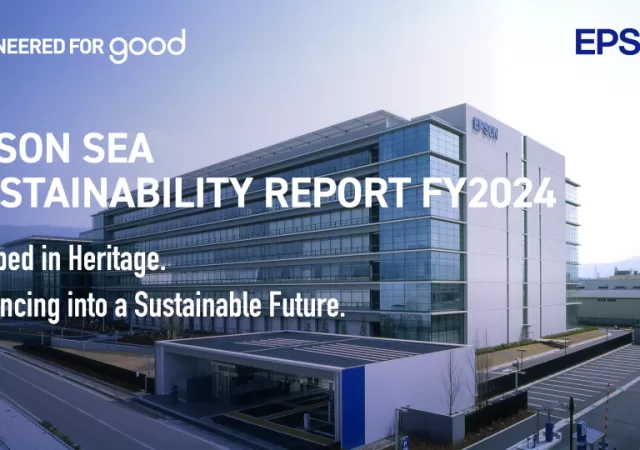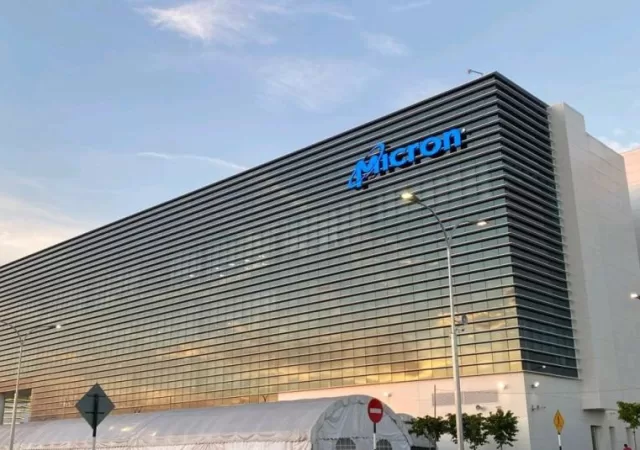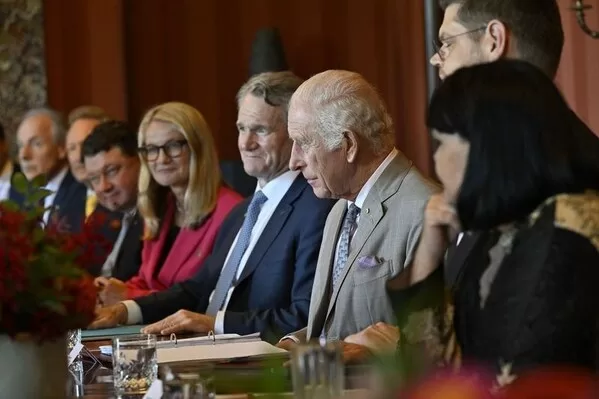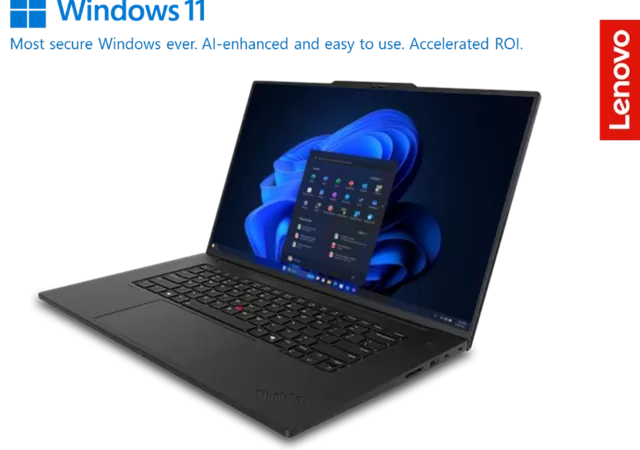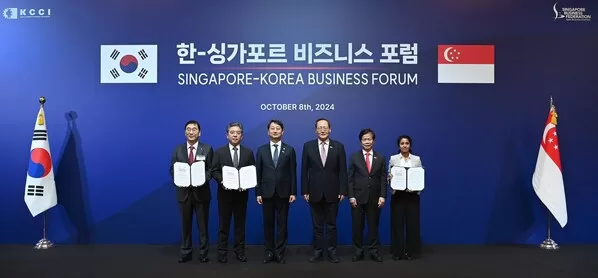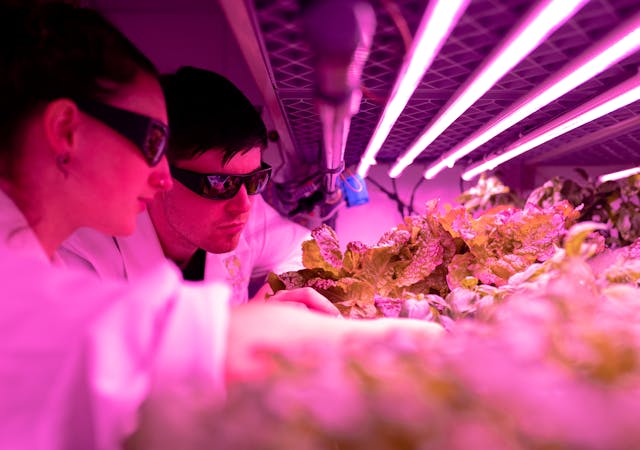Decarbonisation and transitioning between traditional energy sources is no small task. Baker Hughes weighs in on how AI and new technologies are enabling efficiency and efficacy.
Epson Boasts Significant Strides in Achieving its ESG Targets
Epson is showing concrete progress towards sustainability in its Fiscal Year 2024 Southeast Asia (SEA) Sustainability Report. This progress is seen across its operations, contributing to decarbonisation, waste reduction, and community upliftment.
Micron Invests in Penang’s Resilient Future
Micron invests in Penang’s future with its new Resilient Cities plan through their Micron Foundation.
Grab Makes Travel More Eco Friendly with Grab EV
Grab Malaysia has officially launched its first fleet of electric vehicles (EVs) dedicated to airport transportation, a significant step in the company’s commitment to promoting sustainable mobility and contributing to Malaysia’s green economy. The new service, called Grab EV, was…
Beyond Moore’s Law: Micron’s Pursuit of Sustainable Innovation
Micron is leading the industry not just with technology, its leading the way when it comes to creating an impact with sustainability. We sat down with Mr Amarjit Sandhu to learn more.
SUSTAINABLE MARKETS INITIATIVE UNVEILS SUPPORT TO COMMONWEALTH MEMBER STATES AT CHOGM
In support of His Majesty King Charles III’s visits to Australia and Samoa, for the Commonwealth Heads of Government Meeting (CHOGM), SMI launches further support for Commonwealth Member States…
Why Your Business Needs An Effective Sustainability Strategy
This article is contributed by Varinderjit Singh, General Manager, Lenovo Malaysia It’s vital that we look after the planet for future generations, but that’s not the only reason to implement a sustainability strategy within your organisation. Cutting emissions, embracing the…
Hyundai Motor Group and Singapore Strengthen Joint Research in Sustainable Energy and Manufacturing Solutions
Hyundai Motor Group and Nanyang Technological University, Singapore collaborate in the field of hydrogen energy and advanced energy system The partnership aims to advance towards carbon neutrality through…
Sustainability Cannot Exist Without Innovation, & Vice Versa – Here’s Why
Dell Technologies weighs in on why innovation and sustainability must go hand-in-hand in light of the recent 2030 Asia Pacific SDG Progress Report.
Expands into New Energy with Strategic JV and Launches New Charging Solutions
HONG KONG, June 18, 2024 — Foxconn Interconnect Technology Ltd ("FIT", listed on the Hong Kong Stock Exchange under 6088), a subsidiary of Hon Hai (TW.2317), is expanding its…




